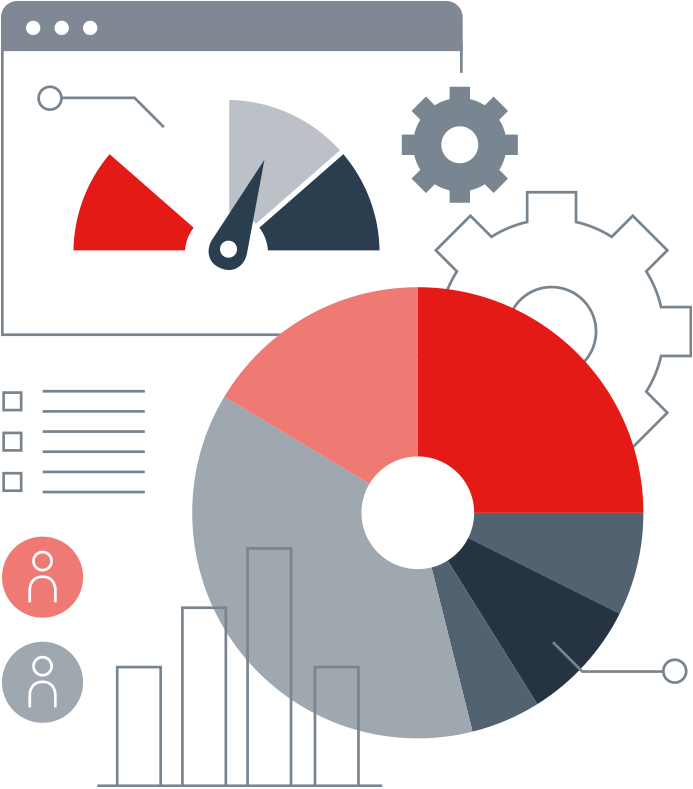Assessing credit and business risks remains a challenging task, because of the still unprecedented situation in which entire industry sectors are affected and because of the financial support plans set up by governments to provide additional emergency assistance in an attempt to prevent companies from going bankrupt (immediately).
And yet, credit and risk professionals must assess, analyse and make informed decisions on a daily basis. (Credit) Risk management is a crucial aspect and is pushed to the top of many companies' priorities. A logical reasoning, since good risk management contributes to business continuity, stability and the sustainable growth of each organisation.
2020 and 2021 forced companies to start working and doing business in a different way. Today, companies need to be resilient, decisive, flexible in dealing with change, reinventing themselves and staying creative. Therefore we would like to explain what the key developments are in Credit & Risk Management, why they are crucial for the future of every organisation and how Creditsafe puts the focus on these evolutions.




